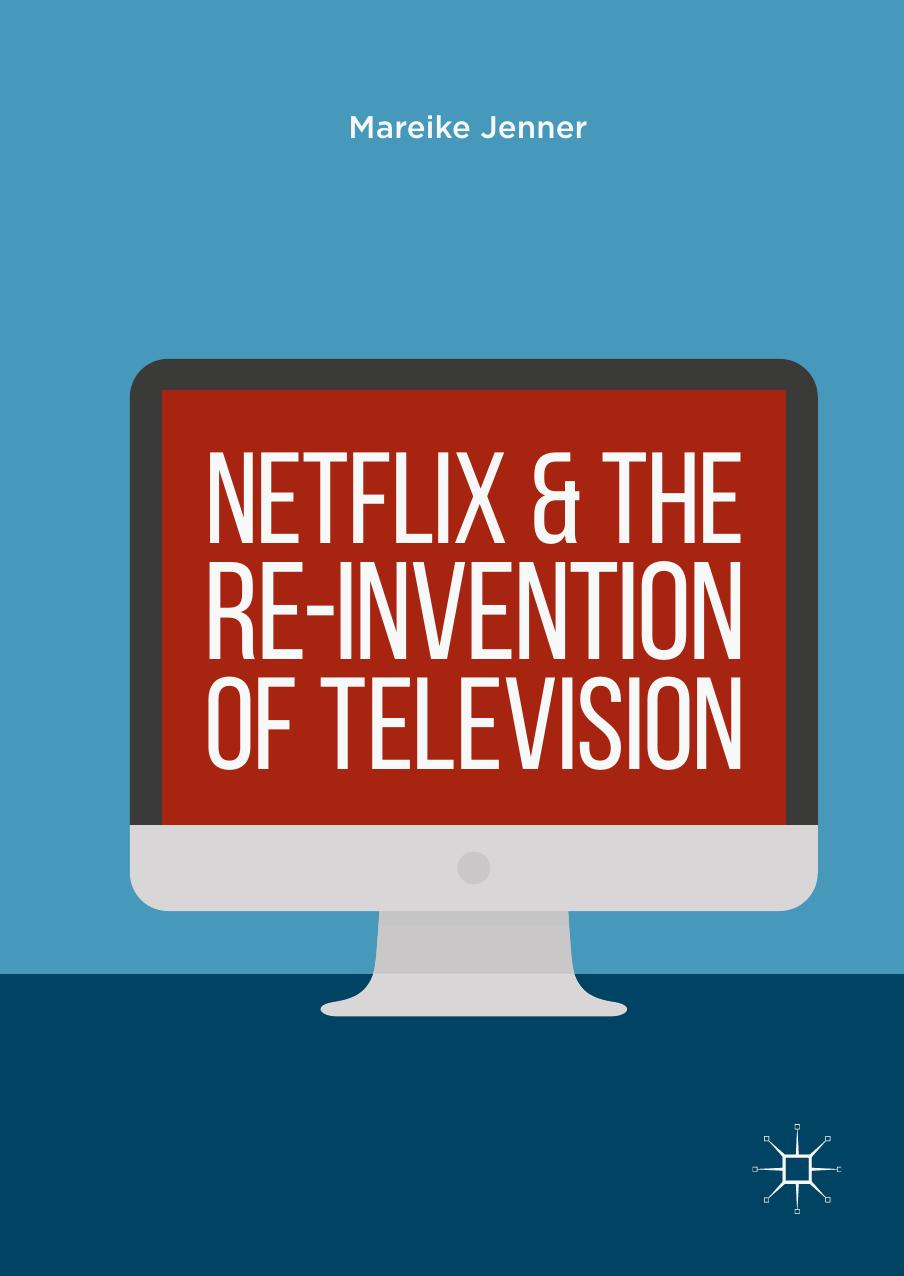Netflix and the Re-invention of Television by Mareike Jenner

Author:Mareike Jenner
Language: eng
Format: epub, pdf
ISBN: 9783319943169
Publisher: Springer International Publishing
This reconfiguration of Netflix as a service for the whole family suggests a strategy to address a broader audience . This needs to be understood as not only an inter-generational audience , but also a transnational audience and one that cuts across different world views and taste structures. The decision to revive Full House may be best understood in connection with the decision to produce Adam Sandler films: likely to appeal to a transnational popular taste, rather than the liberal cultural project Netflix usually invests in (see Chapters 9 and 10). Thus, Fuller House is a deliberate move away from niche marketing and an emphasis on ‘quality’ comedies. In fact, it fully embraces its televisual roots.
The Ranch continues this emphasis on popular taste through the casting of its star, Ashton Kutcher. Most recently, Kutcher has been associated with popular comedy films and television programmes like Punk’d (MTV , 2003–15). He also filled in for Charlie Sheen on Two and a Half Men after the star had been fired due to derogatory and violent treatment of women as well as anti-Semitic comments about the series’ co-creator Chuck Lorre. Kutcher is, thus, linked to more popular fare, but also positioned as ‘tame’ alternative to Sheen. The Ranch deals with Colt Bennet (Kutcher) who returns to his mid-western family ranch after a failed career in American football. The ranch is in a crisis as the agriculture business has become dominated by larger corporations and climate change leaves a visible mark. The series features largely white men, with many of the female characters conforming to relatively normative ideas of attractiveness as blonde-haired women with costumes emphasising their chest. The only exception to this tend to be post-menopausal women, such as the mother of the central family, Maggie, played by Debra Winger. Yet, other than Fuller House , there are several aspects that conform to the more liberal aspects of ‘quality’ TV : from the pilot onwards, patriarch Beau (Sam Elliott) frequently expresses his scepticism of climate change, which functions as a punchline, rather than a serious concern. His comments on the absence of climate change even as his living is seriously threatened by it are usually followed by a laugh track, suggesting that audiences are meant to join into the laughter. In a US context, where scepticism about climate change is more acceptable than in transnational contexts, this implies a positioning within a political spectrum on the side of liberal elites.3 Maggie’s and Beau’s complicated relationship, sexually fulfilling even after their separation, links the series to Grace and Frankie . Along with this, Sam Elliott plays Grace’s (Jane Fonda) love interest in season 2, further linking the texts. A sense of loss of the ‘American dream’ is dominant within the series, though this is usually dealt with in a humorous manner. The younger women in the series may, at first sight, conform to relatively generic beauty standards, but share in the general economic struggles of their surroundings. Additionally, the series deals with the extra burden these working-class women carry as (often single) mothers.
Download
Netflix and the Re-invention of Television by Mareike Jenner.pdf
This site does not store any files on its server. We only index and link to content provided by other sites. Please contact the content providers to delete copyright contents if any and email us, we'll remove relevant links or contents immediately.
Call Me by Your Name by André Aciman(20437)
Ready Player One by Cline Ernest(14586)
How to Be a Bawse: A Guide to Conquering Life by Lilly Singh(7438)
Wiseguy by Nicholas Pileggi(5711)
The Kite Runner by Khaled Hosseini(5134)
On Writing A Memoir of the Craft by Stephen King(4893)
Audition by Ryu Murakami(4891)
The Crown by Robert Lacey(4764)
Call me by your name by Andre Aciman(4648)
Gerald's Game by Stephen King(4612)
Harry Potter and the Cursed Child: The Journey by Harry Potter Theatrical Productions(4468)
Dialogue by Robert McKee(4354)
The Perils of Being Moderately Famous by Soha Ali Khan(4194)
Dynamic Alignment Through Imagery by Eric Franklin(4179)
Apollo 8 by Jeffrey Kluger(3672)
Seriously... I'm Kidding by Ellen DeGeneres(3607)
The Inner Game of Tennis by W. Timothy Gallwey(3604)
How to be Champion: My Autobiography by Sarah Millican(3571)
Darker by E L James(3493)
